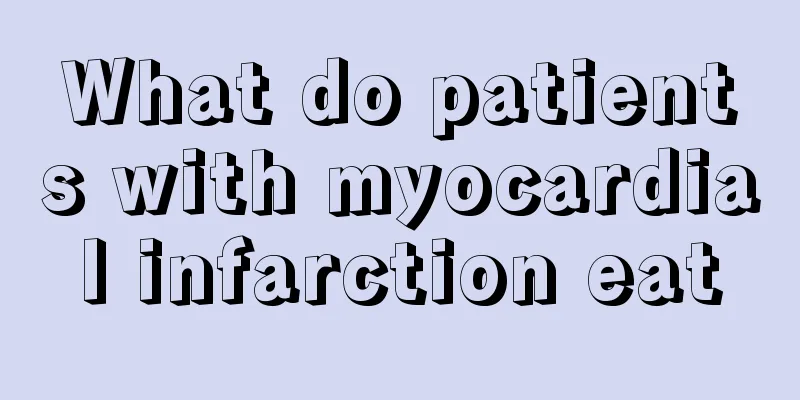Caffeine withdrawal syndrome

|
Nowadays, coffee is a popular drink among many people. Many people drink coffee every day. Whether at work, study or in life, as long as they drink coffee, they will feel very happy. This is a natural reaction in the heart. As the habit of drinking coffee is formed, many people will experience weakness, headache, mental tension and emotional instability after not drinking coffee. These are the manifestations of caffeine withdrawal syndrome. Symptom 1 The medical community has recently taken a serious look at caffeine withdrawal symptoms. An estimated one in eight people who experience these symptoms will be unable to work or function for several days. US researchers pointed out six years ago that caffeine withdrawal involves mental disturbances that, while unpleasant, are generally not dangerous. Symptom 2 The most common symptom associated with caffeine withdrawal is a moderate to severe headache. This usually occurs within 12-24 hours of stopping caffeine intake. It usually lasts 1-2 days, but some people have headaches longer. If you're also trying to stop consuming caffeinated products, it's also worth checking the labels of your pain relievers. Some medications combine acetaminophen and ibuprofen with caffeine because caffeine helps relieve pain. Symptom three Others may experience caffeine withdrawal symptoms such as depression and drowsiness. Some people may become emotionally unstable and need to take medication to cope with it. In addition, you may experience difficulty concentrating, nausea, vomiting, and muscle pain or stiffness. These symptoms generally last 2-9 days after the last caffeine intake. If you used to have a cup of coffee when you wake up, you may feel fuzzy in the morning for a few days after quitting. However, it can take up to nine days for the body's dependence on caffeine to wear off. If symptoms persist, it is best to see a doctor for evaluation as this could be a sign of an underlying medical condition. Symptom 4 For most people, withdrawal symptoms disappear naturally within 3-4 days of stopping caffeine consumption. Although caffeine is an addictive substance, it is relatively easy to get rid of the dependence. This is good news for people who are following their doctor's advice to stop using caffeinated products. |
<<: Effect of coffee on blood sugar
>>: How long does it take for acne on the face to heal
Recommend
What is the conservative treatment for varicose veins in the lower limbs?
There are many common diseases in daily life, and...
How to treat prostate cancer with traditional Chinese medicine
Prostate cancer is a malignant cancer with a very...
How to measure blood pressure more accurately
Blood pressure is an important health indicator o...
What causes painful urination? Is it a disease?
The phenomenon of painful urination is mostly cau...
Prostate cancer pathological stages development prevention prostate
Prostate cancer is a relatively serious malignant...
How to prolong life after having lung cancer? Lung cancer patients who want to prolong their life need to know these things
The most worrying thing for every person with lun...
What to eat when you have chloasma? This is the best choice
Under the influence of long-term stress, more and...
Does eating raw soy sauce have a risk of liver cancer? 6 tips to relieve liver cancer pain
Rice, oil, salt, soy sauce, vinegar and tea, thes...
I feel dizzy and my eyes are blurry recently
In our daily life, due to some bad eating habits,...
Side effects of radiation therapy
Nowadays, many cancer patients, regardless of whe...
Can I eat pig's trotters during confinement?
Pig's trotters are a very delicious and chewy...
Introduction to the wonderful uses of banana peel
I believe everyone must be very familiar with ban...
How to make a honey and yogurt facial mask?
Yogurt and honey are things we eat every day. The...
What are the common hazards of hamartoma
Any disease will threaten human health. It will n...
What is the difference between a distillation flask and a round bottom flask
In people's real life, flasks are basically n...









